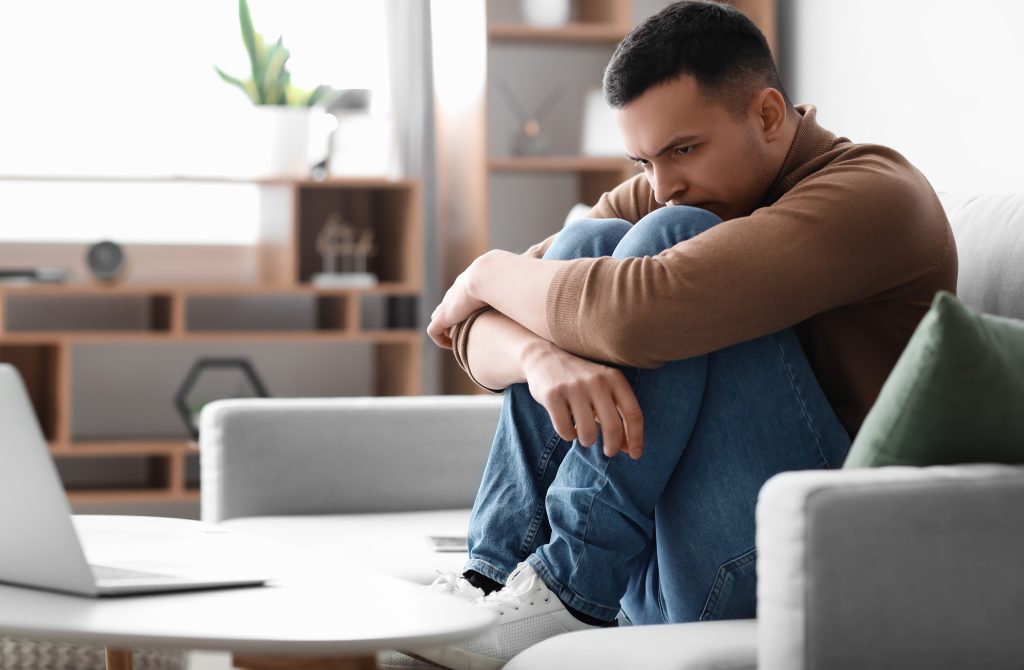
Understanding Anxiety : Causes, and Treatment
Anxiety is one of the most common mental health conditions, yet it is often misunderstood. While occasional worry is a normal part of life, anxiety becomes a problem when feelings of fear, nervousness, and unease become excessive and persistent. For many, it can interfere with work, relationships, and daily life — making it important to recognize the signs and know that help is available.
🔸 What Is Anxiety?
Anxiety is characterized by constant worry, fear, and restlessness. Unlike everyday stress, which typically subsides once a situation passes, anxiety lingers and can affect your ability to function.
🔸 Symptoms of Anxiety
Anxiety manifests in both the mind and body. Common symptoms include:
Excessive worry and rumination
Restlessness or feeling on edge
Difficulty concentrating or making decisions
Irritability and sudden mood swings
Trouble sleeping or frequent nightmares
Physical symptoms often include:
Rapid heartbeat
Sweating and trembling
Shortness of breath
Muscle tension or aches
🔸 Causes of Anxiety
The exact cause of anxiety isn’t fully understood, but research suggests it’s influenced by several factors working together:
Genetics – A family history of anxiety disorders may increase risk.
Brain chemistry – Imbalances in neurotransmitters can affect mood regulation.
Life events & stress – Trauma, major life changes, or ongoing stress can trigger anxiety.
Personality traits – People who are more sensitive to stress or who tend to avoid challenges may be more prone to anxiety.
⚠️ Types of Anxiety Disorders
Anxiety is not “one-size-fits-all.” There are several types, including:
Generalized Anxiety Disorder (GAD): Ongoing worry about everyday matters.
Panic Disorder: Sudden, intense panic attacks that come without warning.
Social Anxiety Disorder: Fear of being judged or embarrassed in social situations.
Specific Phobias: Intense fear of particular objects or situations, like heights or spiders.
✅ Treatment Options
The good news? Anxiety is highly treatable. Most people find relief with a combination of approaches:
Psychotherapy: Cognitive Behavioral Therapy (CBT) helps reframe negative thought patterns and teaches coping strategies.
Medication: Antidepressants and anti-anxiety medications can balance brain chemistry and reduce symptoms.
Lifestyle changes: Regular exercise, mindfulness, healthy sleep habits, and relaxation techniques can make a significant difference.
Outlook
While anxiety can feel overwhelming, it doesn’t have to control your life. With proper treatment and support, most people can manage their symptoms and live fulfilling, balanced lives. The key is seeking help early and knowing that you are not alone.
Quick Facts About Anxiety
Anxiety affects roughly 18% of adults in the U.S. each year.
Women are more likely to experience anxiety than men.
It can be chronic, but with consistent care, symptoms can be effectively managed.
✨ Final Thought: If you or someone you know is struggling with anxiety, remember that it’s not a sign of weakness. It’s a medical condition — and just like any health issue, it deserves understanding, compassion, and professional care.
